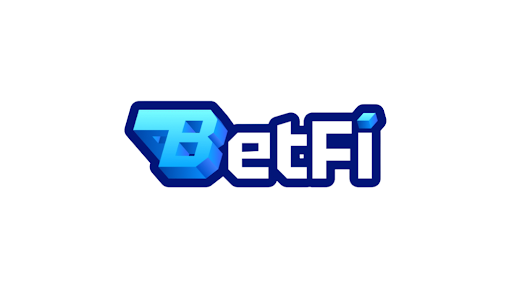Web3 Launchpads Face Criticism For Funding Ideas Over Proven Products

Industry executive Tim Hafner argues that Web3 launchpads have become "hollow funnels" that fund projects without requiring real products or technical foundations. According to Cointelegraph, the founder and CEO of OpenServ published an opinion piece in February 2025 stating that launchpads too often result in cash grabs over long-term success.
Hafner's assessment comes as Virtuals Protocol has facilitated over 17,000 AI agent token launches as of February 2025. The executive claims many projects with no substance are securing funding, ultimately resulting in failure and reflecting deeper problems in the industry. He describes current launchpads as operating like "decentralized Shark Tanks rather than engines of innovation."
The criticism centers on launchpads removing technical innovation as a requirement altogether. Hafner contends that builders juggle three to four disconnected tools to ship projects, including building backends, maintaining costs, server hosting and security systems. This operational complexity causes promising projects to stall before proper development begins.
Why This Matters
The critique addresses fundamental issues with how Web3 projects secure early-stage funding. Hafner's position reflects growing concerns about the sustainability of current launchpad models, particularly as regulatory scrutiny increases across the cryptocurrency sector.
The scale of token launches through platforms like Virtuals Protocol demonstrates the popularity of launchpad funding mechanisms. According to CoinMarketCap, AI agent tokens have commanded a total market cap of $13.5 billion, with Virtuals alone launching over 11,000 agents and more than 140,000 people holding various agent tokens.
This funding approach affects both investors and builders. Investors face bombardment with superficial pitches and hype cycles, while builders struggle to raise capital without meaningful technical support. The result creates an environment where no party achieves sustainable success, according to the analysis.
Industry Implications
The launchpad debate occurs amid broader changes in crypto venture capital funding patterns. Blockchain and crypto startups raised $4.8 billion in Q1 2025, representing the strongest quarter since late 2022, according to CV VC. However, venture capitalists are focusing on foundational blockchain technologies rather than speculative assets.
Traditional crypto VC firms are maintaining different standards compared to retail-focused launchpads. The Block reports that institutional investors expect funding levels to rise in 2025, but emphasize backing projects with proven product-market fit, strong teams and sustainable revenue models. This approach contrasts with launchpad models that may prioritize token distribution over technical development.
The tension between democratic access to funding and quality control represents a broader challenge for the Web3 ecosystem. While launchpads democratize investment opportunities for retail participants, critics argue this approach may ultimately harm both investors and genuine innovators. Industry observers suggest successful projects need comprehensive support beyond initial capital raising, including technical infrastructure and long-term development resources.
Further Reading
For those interested in understanding the broader Web3 tooling landscape, our comprehensive DAO tooling guide provides detailed analysis of over 100 platforms and tools used in decentralized governance. The guide covers infrastructure solutions that address many of the technical challenges identified in current launchpad models.





